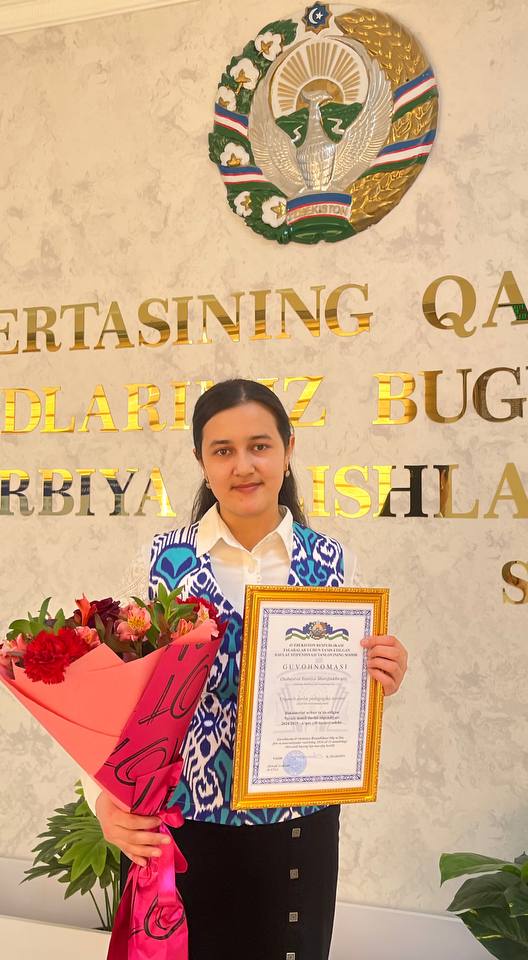
My impression of George Orwell’s “Animal Farm”
“The Animal Farm” is a satirical work in the fable genre, published in 1945 by the famous English writer George Orwell. The work is about how the animals on the farm drive away their owners and establish an animal dictatorship. In this, Orwell skillfully revealed the evolution of revolutionary principles. The famous French revolutionary Danton’s phrase “The revolution devours its children like the god of Saturn” is also reflected in the work. Orwell completed this work from November 1943 to February 1944.
After reading George Orwell’s “Cattle Farm,” you can witness how he masterfully satirizes and sarcastically reveals the thirst for power, complex relationships, and social life based on lies. It creates the impression that these things are characteristics not only of humans but also of animals. But this is a very subtle metaphor that the author used to convey the problem to readers as clearly as possible, showing societies aimed at suppressing freedom of thought and speech through force and ideological mankurtization under the guise of “goodwill.” In this novel, the foundations of society are directly reflected in the lives of animals living on the farm. The human characteristics of these animals clearly show who is actually hidden behind the heroes.
The plot is very unusual, it is distinguished not only by the development of events in the main characters – the animals and the livestock yard, but also by the relevance of the problems of society reflected by the author. The novel is about the relationship between the weak and the strong, the foolish and the clever. In fact, this is an allegorical demonstration of the dictatorial regimes that the author saw throughout his life.
The internal political confrontation between humans and animals ends with the formation of a new ideal society based on the principles of equality. In the animal world, stratification occurs gradually, but its beginning manifests itself in the initial movements of pigs. Napoleon’s rise to power occurs naturally (the inhabitants of the farm have grown accustomed to his leadership) and by force (supported by the Nine Terrible Dogs). The political slogans being proclaimed (“Four legs are good, two are bad!”) were lies and propaganda, which were weapons for strengthening Napoleon’s position. The seven articles written on the warehouse wall are constantly changing and being adapted for managers. Everything that happens on the farm is changed in the opposite direction. In the minds of animals, it awakens a feeling of gratitude for the clarity of the sky and the peaceful coexistence, even if they live hungry. The story ends with the establishment of friendly relations with people and the complete assimilation of pigs, who first begin to walk on their feet, and then wear human clothing.
The artistic images of the main characters have their own historical or generalized prototypes. The working horse named Boxer refers to the working class who see the only way to improve their lives through daily work. The more difficult the situation on the farm, the harder the horse works. The boxer trusts his comrade Napoleon.
Old Donkey Benjamin – often remains silent, but occasionally tries to open the animals’ eyes to the government’s actions. It is this hero who understands the essence of what is happening in “The Animal Farm”: “They have never lived better or worse than this – hunger, excessive work, and deceived hopes, therefore, this is the unchanging law of life.”
Thus, the political elite of animals gradually becomes inseparable from the elite of humans. And here is a transparent reminder of what role an ordinary member of society plays in the system. The novel “Cattle Farm” remains relevant today.
This satirical work depicts the path to the creation of a totalitarian state. The author shows that even with the most vivid and correct idea, you can create a cruel and terrible truth. A story about how society turns into a herd. This applies to each of us. Everything is described in such a simple language that everyone can see it clearly. But if someone doesn’t want to see what’s happening outside their comfortable place, they won’t see it. Gradually, as the story progresses, everyone becomes equal, but some become more equal than others. Equal to the rest…
Through the joint efforts of the animals, the man was driven out of the farm, and they plowed the field together. Although everyone was considered equal, the pigs were clearly separated from the start, but the other animals were stupid and blind, and he followed their instructions, believing that everyone became equal. Soon the pigs became their masters. The rest of the animals lifted the pigs onto the throne with their own hands and whipped them. We all know that this work is actually not about animals, but about people, about a herd of people.
Otabayeva Khusniya was born in 2004 in the Khanka district of the Khorezm region into an intellectual family. Currently, she is a 4th-year student in the Primary Education program at Urgench State Pedagogical Institute. She is a participant in several anthologies and almanacs, the author of more than 30 articles and 3 books, and a recipient of the state scholarship “Navoi.” She is a winner of several republican and international competitions, as well as an official member of international organizations, and holder of an international diploma, certificate, and medal. Her articles are regularly published in prestigious journals and newspapers of such countries as Germany, Italy, Poland, Turkey, Great Britain, and Argentina.
